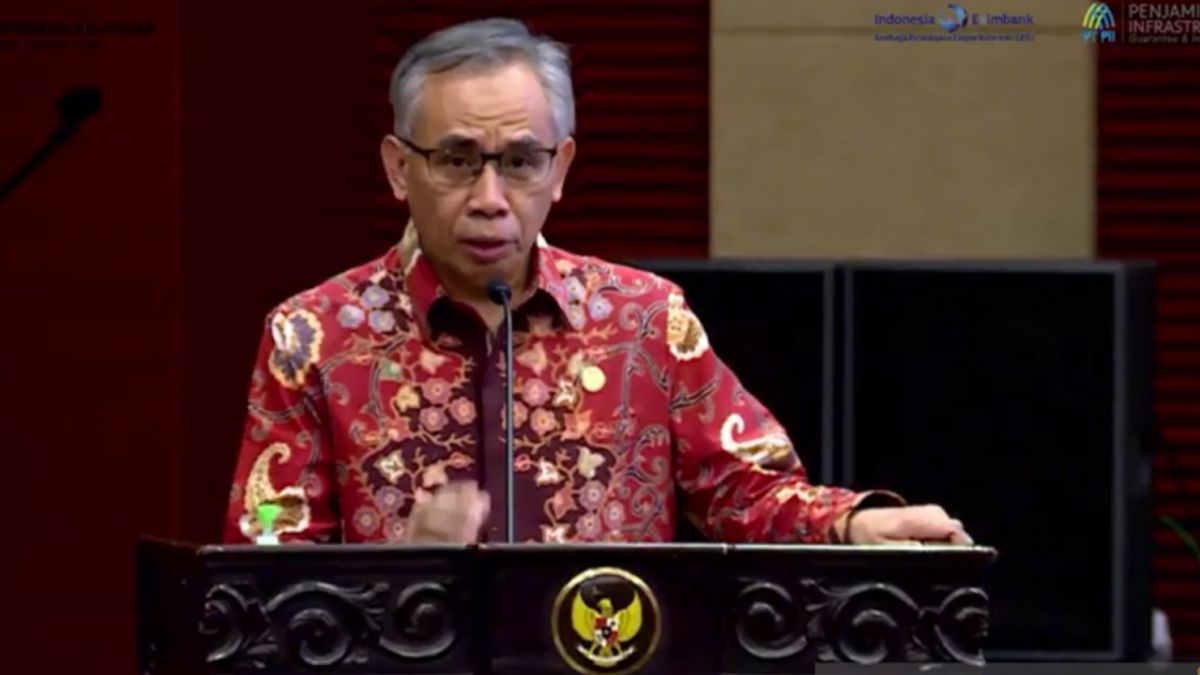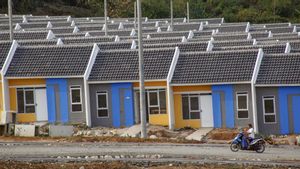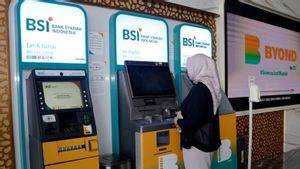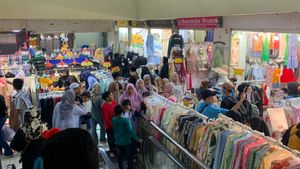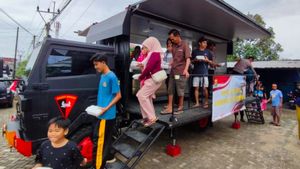JAKARTA - Chairman of the Board of Commissioners of the Financial Services Authority (OJK) Wimboh Santoso said the policy of extending credit restructuring until 2023 is intended so that banking industry players can consolidate performance throughout 2022. The reason is that the original rules only apply until March next year.
"This is all so that they can work optimally in 2022, considering that this September the bank has started to prepare a bank business plan (RBB)," he said in a webinar, Wednesday, September 8.
According to Wimboh, the extensification policy is in line with the projected economic recovery that will be more stable in the next two years.
"We all hope that in 2023 the situation will be normal and this extension is also relevant to these predictions," he said.
In previous reports, the international debt rating agency Fitch Ratings supported the steps taken by the country's financial authorities to set a policy for extending credit restructuring.
According to Fitch, the move could reduce pressure on banks in undergoing a fairly tough year due to the pandemic situation.
"This will improve asset quality and also increase bank profitability," said Director of Fitch Ratings Indonesia Indonesia Gary Hanniffy in an official broadcast on Monday, September 6.
For information, the OJK has determined that the credit restructuring will be implemented until March 31, 2023. Previously, the authorities only planned an intermediation policy until March 2022.
The extension of the banking stimulus policy applies to all banks, namely Conventional Commercial Banks (BUK), Sharia Commercial Banks (BUS), Sharia Business Units (UUS), Rural Banks (BPR), and Sharia Rural Banks (BPRS).
Meanwhile, the value of bank credit restructuring according to the OJK until July 2021 is IDR 778.9 trillion. This amount is distributed to 5 million debtors with 71.53 percent of them being MSME debtors.
OJK itself claims that the outstanding restructuring credit shows a decline when compared to the position at the beginning of the stimulus implementation in 2020.
The English, Chinese, Japanese, Arabic, and French versions are automatically generated by the AI. So there may still be inaccuracies in translating, please always see Indonesian as our main language. (system supported by DigitalSiber.id)
